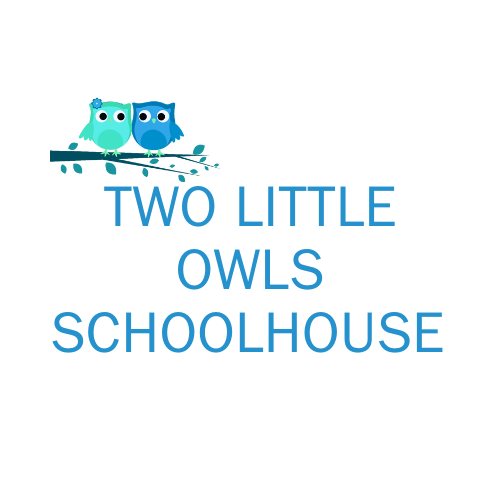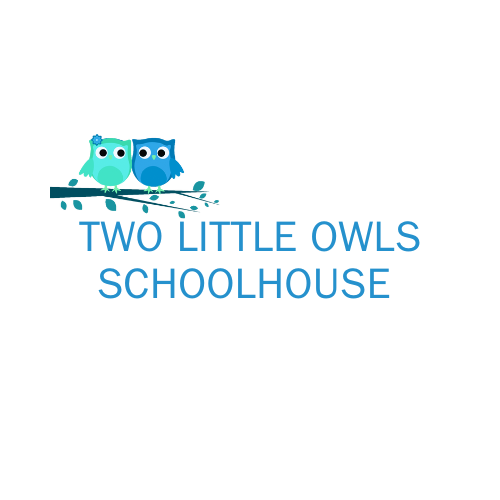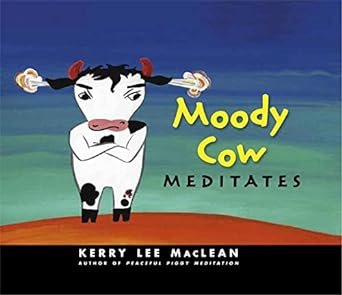Mindful Parenting: How Simple Breathing Exercises Can Benefit Your Little One
Welcome back to the Two Little Owls Blog! In collaboration with our sister school, SolBe Learning, we're delighted to explore the topic of Mindful Parenting. Today, we'll delve into the significance of practicing mindfulness with your children, particularly through simple breathing exercises. If you're the parent of a child under 6, this is a read you won't want to miss.
What is Mindfulness?
Mindfulness is the practice of being fully present in the moment, a skill that is valuable for parents and children alike. Teaching mindfulness from a young age can equip children with coping mechanisms that serve them well throughout life.
The Power of Breathing Exercises
Breathing exercises are a straightforward yet effective mindfulness tool. They can calm a child's mind, reduce stress, and help them focus. This can be particularly useful during the school year when new experiences and learning challenges arise.
How to Practice Mindful Breathing with Your Little One
Find a Quiet Space: Locate a peaceful corner where you and your child can sit comfortably.
Close Your Eyes: Gently close your eyes, guiding your child to do the same.
Inhale and Exhale: Teach them to breathe in through their nose, hold for a count of three, and then exhale through their mouth.
Discuss the Experience: After practicing for a few minutes, talk about how it felt. Was it calming? Did your child feel any different before and after?
The Benefits for Kids Under 6:
Practicing mindfulness and breathing exercises can be particularly beneficial for younger children in several ways:
Emotional Regulation: Learning to breathe mindfully can help children control their emotions, a crucial skill both in and out of school.
Improved Focus: Mindfulness practices are proven to improve concentration, a benefit that can positively impact learning.
Strengthened Parent-Child Bond: Spending this quality time together can significantly improve your relationship with your child.
A Word of Caution: Not a Quick Fix for Tantrums
Before diving into the practice, it's important to note that while mindfulness can aid in emotional regulation, it's not an immediate solution to a tantrum. Mindfulness is a skill that both you and your child can cultivate over time. This muscle needs to be strengthened gradually, so the tools are already in place when challenges like tantrums arise. Trying to teach a child to breathe mindfully in the heat of a meltdown is likely to be counterproductive. The key is consistent practice during calmer moments.
Book Recommendations:
Looking to dive deeper into the topic of mindfulness and emotional well-being for your little ones? Here are five book recommendations that align well with our theme:
"Moody Cow Meditates" by Kerry Lee MacLean
A delightful story that introduces children to the concept of mindfulness and meditation.
An excellent starter book for families looking to integrate mindfulness into daily life.
"My Magic Breath: Finding Calm Through Mindful Breathing" by Nick Ortner and Alison Taylor
This interactive book helps children visualize their breath as a magical tool for calming down.
This book offers simple breathing exercises and movements designed for children.
"I Am Peace: A Book of Mindfulness” by Susan Verde and Peter H. Reynolds
A beautifully illustrated book that explains mindfulness in a way that kids can easily understand.
By incorporating mindfulness into your family's routine and adding some of these recommended reads to your bookshelf, you're taking positive steps toward equipping your child with vital emotional and cognitive skills. Remember, the goal is to make mindfulness a habitual practice, so its benefits can be reaped even during stressful times like tantrums.
In a world that is constantly bustling with activity and distractions, teaching our kids the art of mindfulness can be an invaluable gift. Take up TLO's challenge and practice a simple breathing exercise with your little one today. Don't forget to share your experiences with us using the hashtags #MindfulParenting and #FamilyTime Stay tuned for more parenting tips and advice!







